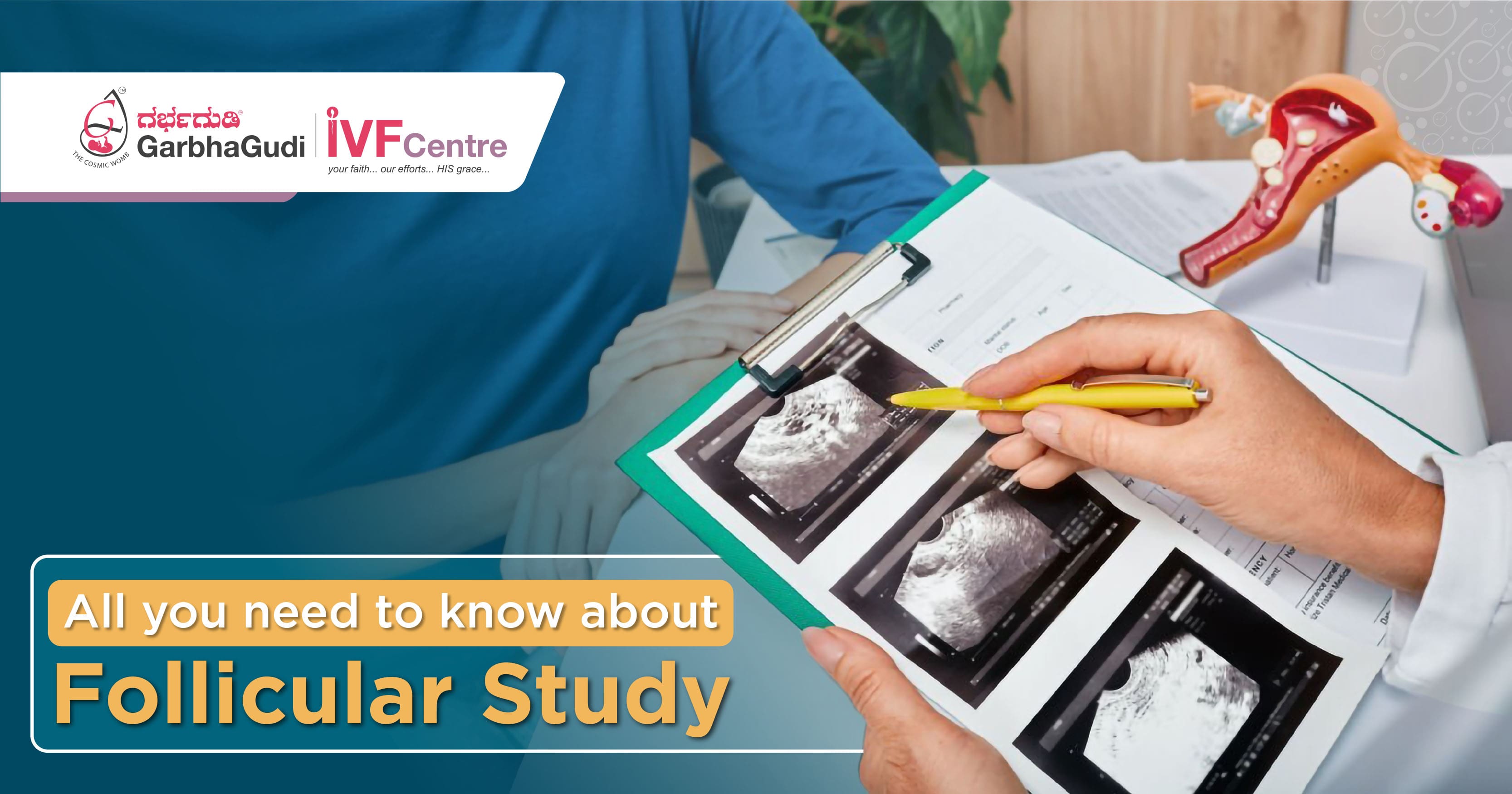All You Need to Know About Follicular Study

A follicular study is a series of transvaginal ultrasound scans performed to monitor the growth of follicles from the start of a period cycle until the time it’s prepared to release an egg. This is an inevitable part of the IVF procedure. It helps the doctors assess the ovarian follicles at steady intervals to predict ovulation. It is advantageous for fertility experts to forecast when the next egg will be released. Couples are often advised to get physically intimate during this time, as the chances of conception are higher.
When is the follicular study important?
The follicular study usually helps to understand the development of eggs inside the follicles. It is generally recommended as the first line of treatment for those unable to predict ovulation. Some of the reasons when a follicular study should be carried out are:
• When you’re 35 years or younger and have been actively trying to conceive for a year.
• If you have PCOS/PCOD and have an irregular cycle/ovulation.
• If you’re taking fertility drugs to induce ovulation or producing multiple follicles due to IVF/IUI procedure.
How is a follicular study done?
Usually, each ultrasound of the follicular study series would take up to 15 minutes. The patient would be asked to lie on their back with their legs raised and bent. The ultrasound specialist will then insert a probe into the vagina to get the images of the ovaries and follicles. It is necessary to get the bladder empty before this scan because a full bladder can interfere with the results.
Although it does not hurt badly, there can be some discomfort during the procedure when the probe is inserted into the vagina.
Are there any potential side effects?
A follicular study causes no side effects. However, anxiety and tension about the results and timed intercourse may create stress between couples. It should be considered an opportunity to understand your body better and stay as calm as possible.
Advantages of follicular study
There are many advantages of getting a follicular study done. Some of them are:
• The opportunity to identify the follicles that are unable to develop correctly.
• It helps the doctor diagnose when the follicle grows appropriately but fails to release an egg.
• It provides a platform to identify uterine problems among the common causes of conception failure.
• Other abnormalities could also be detected earlier and treated before leading to further complications.
Never worry about a follicular study anymore. It is a simple technique for assessing and tracking your ovulation to help you conceive with the right treatment plan and better diagnosis.